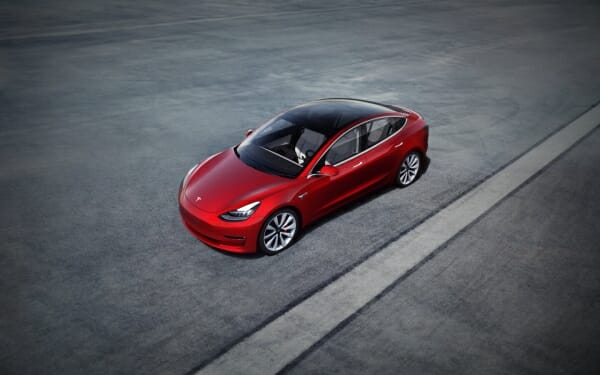It should come as no surprise that President Trump wants to cut federal EV tax credits. After all, it’s been a discussion for quite some time. Just the other day, he proposed to eliminate the credits with his newest budget. With that said, it’s not expected that Congress will approve this budget.

Federal EV Tax Credits
Automakers would prefer to keep the EV tax credit going because it allows them to sell at higher prices. This covers some of the development costs to make hybrid and electric models. Considering all the new technology that goes into production, we understand where they are coming from.
The $4.7 trillion budget proposed by Trump seeks mainly to cut funding for foreign aid. It also aims to remove some operating money from the State Department. Instead, spending increases for a border wall and military, but it’s expected that Congress will reject this bill.
Current Credits
Currently, federal tax credit for electric and hybrid vehicles allow up to $7,500 on the income tax owed. The amount is based on what battery capacity the vehicle has.
In 2016, over 57,000 people redeemed $375 million worth of tax credits. That number could easily become billions of dollars over the next few years. As it stands now, automakers can offer the credit for the first 200,000 vehicles they produce. Then, the amount drops to $3,750 for six months following that milestone and $1,875 for the next six months after that.
Only Tesla and GM have surpassed their initial 200,000 sales. Other automakers such as VW, Subaru, FCA, Nissan, Honda, Toyota and Ford still have plenty of their credits for consumers to redeem. The question is – will the budget for them stay alive or will the federal EV tax credits be coming to an end?
For now, everything is still in place. If you are planning to buy an electric vehicle, you might want to check out our 5 Cheapest Electric Vehicle list and our 2019 Electric Vehicle lineup. You can also find a great resource outlining all of the electric and hybrid tax credits by state.
Leave a Reply